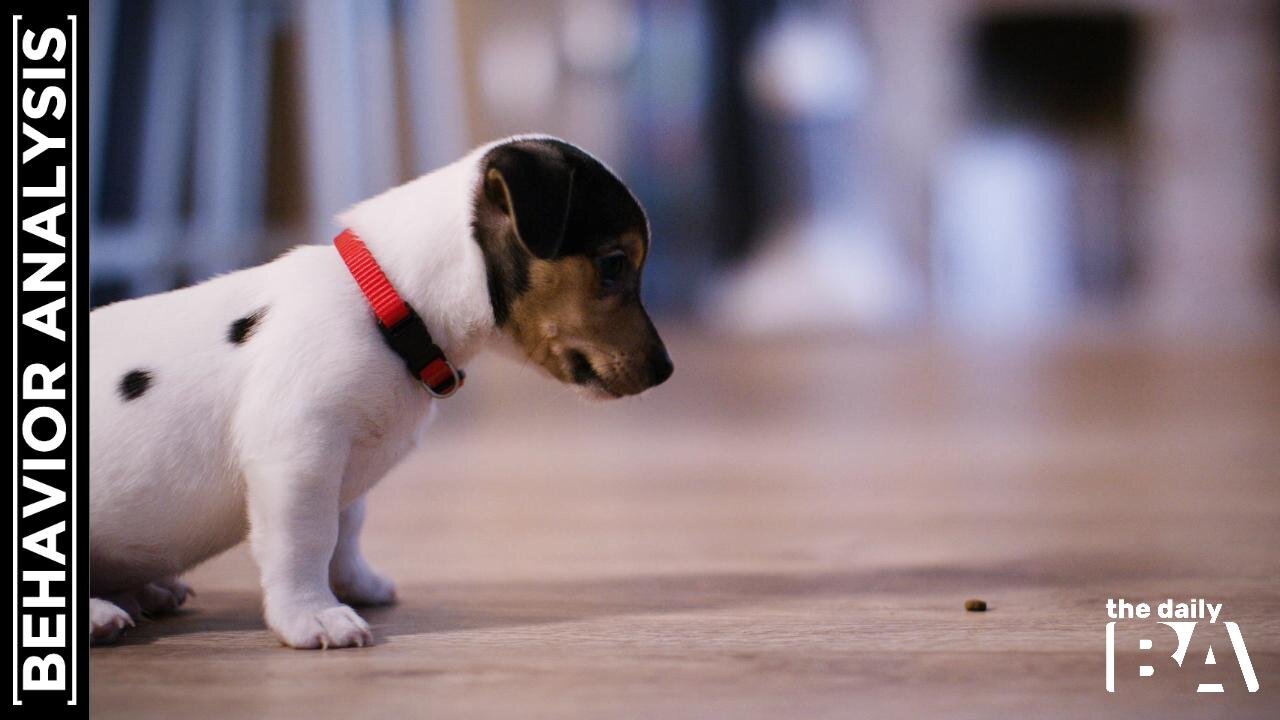What is 'ABC' in behaviour analysis and animal training?
I write about many things and it might seem chaotic. There is one thread in all of this. Behaviour. Behaviour is everywhere. No matter the species and situation. There are principles of behaviour that are being researched by the field of behaviour analysis. Let me shed some light on it.
The best way to create habits
Learning takes time. For us, humans and for the animals that we are teaching alike. While working with owners and their dogs, it’s not just the dog that needs to develop a new habit, it’s also the caregiver. When we expect too much from ourselves we can easily get discouraged. If you never used treats with your dog – it’s going to take time for you to build a habit around it. You might not see the change in your dog immediately but have you made the sustainable change in you first? It’s easy to blame the dog but for him creating a new habit can be equally challenging as it is for you.
Why dog is not a wolf in disguise
Dogs had years and years of evolution to become a different species from wolves. I find it unfair for both of the species to keep comparing them according to the leader of the pack belief. I will continue to provide content for everyone who loves to learn more and is not settling on the status quo.
How to help your dog succeed with the use of reinforcement?
Testing out many reinforcement strategies, going at your dogs’ pace and changing the environment of the training session gives your dog the biggest chance of succeeding in the training.
Where you can learn about animal training (video)
Learning is a huge passion of mine. Learning about animal training is my two biggest passions coming together! I would love to inspire you to learn more and continue to grow. It's not always easy and there can be plenty of obstacles (time, money, lack of guidance). Fortunately, there are many resources to learn from (much more than mentioned in the video) and I hope you will be able to find a suitable one for your situation.
Can you shape "asking for help" behaviour in yourself?
You can use behaviour science and shaping in your own life to design learning new skills in the most positive and least intrusive way. It might not be the easiest thing to analyse and some people might not like self-reflection part. But if you are already doing self-reflection on a regular basis, this can be an amazing tool to enhance your self-development significantly and learn new skills effectively.
My failure story and what I’ve learnt from it (video)
Writing and talking about your own failures or mistakes isn’t easy. However, sharing it with others gives them the opportunity to learn from it too. I also believe that it humanises you and shows that no one is perfect. I am choosing to be a brave learner. Hope you can learn from my mistakes.
3 things I learnt watching tigers and hyenas training sessions
1. There are zoos that have the welfare of their animals at heart and they go above and beyond to make sure their animals are in the best conditions possible.
2. You don’t have to tell your animal that they’ve done something “wrong” when you are using behaviour science principles effectively.
3. We can all strive to achieve more with our companion animals.
Does your dog like hugging as much as you do?
Observing and assessing our dogs’ reaction is a skill that needs to be developed. It’s easy to miss all those subtle signs that our dogs share with us. As Chirag Patel says “if you listen to their whispers, they don’t have to shout”. Take this opportunity to look closer, observe and start asking questions. Does your dog like hugging as much as you do?
Your dog learns all the time
Dogs learn all the time not only when we decide to train them. Whether you like it or not, your behaviour is a big influence on your dogs’ learning. I would encourage you to focus on the positives and the things that you want to see in him. Focus on what you want, reinforce it and see more of it.
Is behaviour caused by thinking?
I would like to inspire people to start asking questions and to not follow the status quo without a single thought. Questions are the answers. There is usually a lot more to discover when you start asking them.
3 things I learnt from petsitting
1. Improved observational skills and noticing pets body language
2. Understand and relate to the challenges pet families have
3. Let the dog be dog and love him the way he is. (Same thing goes with cats too)












